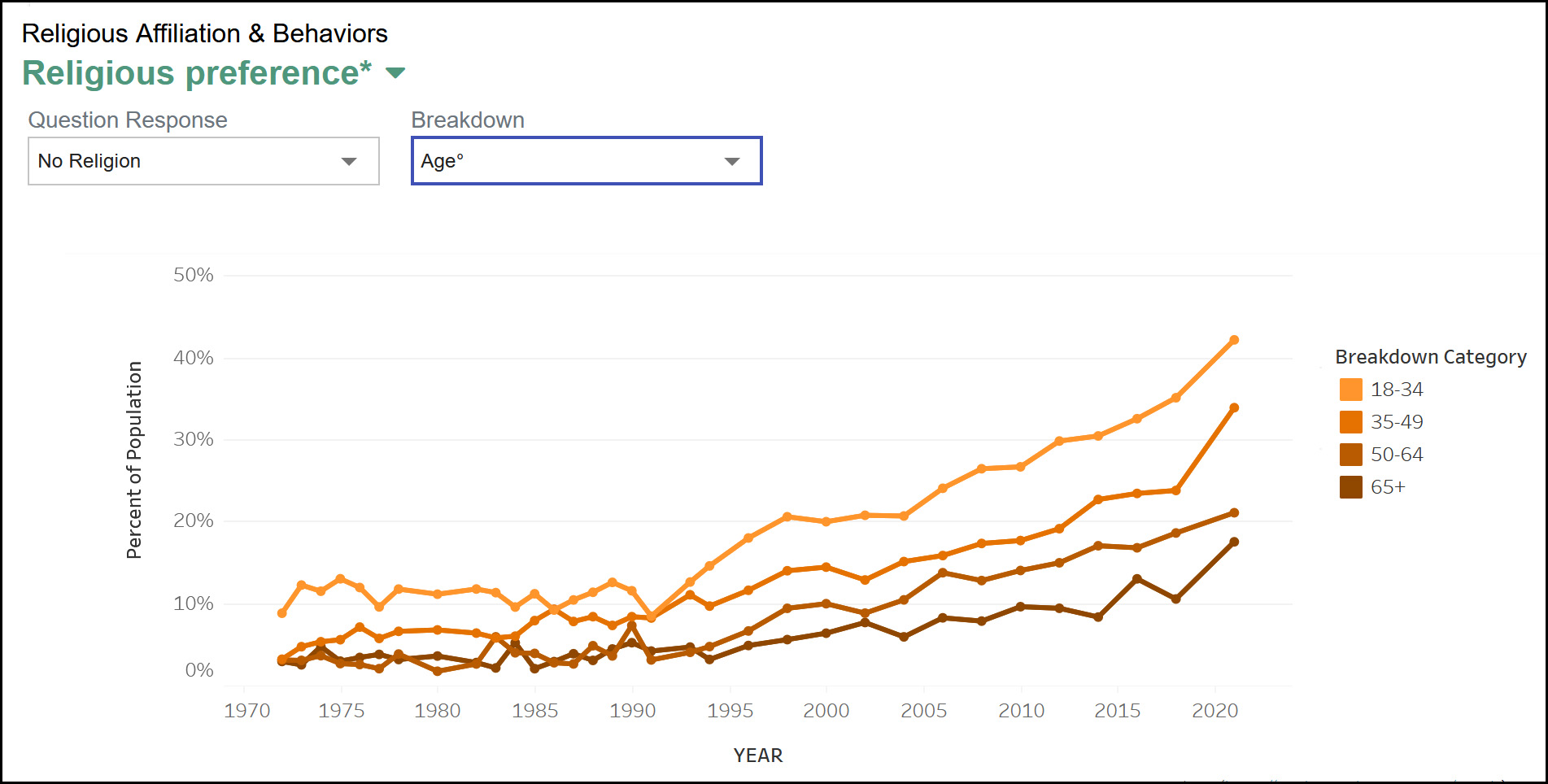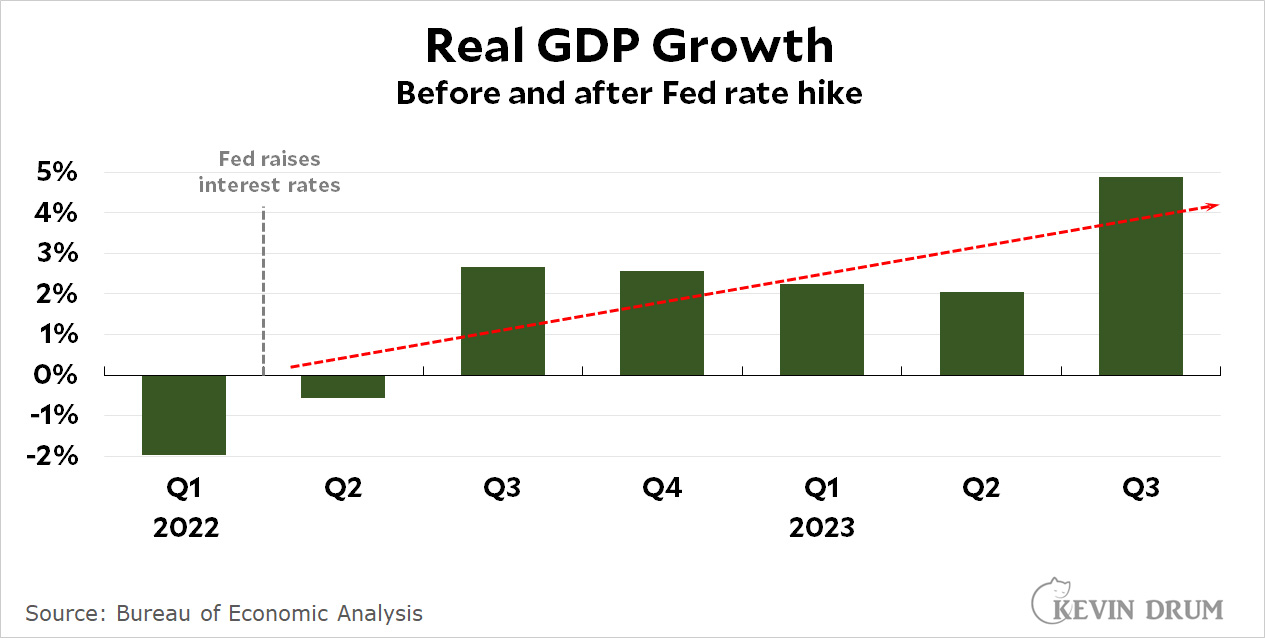Stephen Wertheim repeats a common sentiment today: the United States has forfeited world opinion by supporting Israel in its war against Hamas. His evidence is a UN vote a couple of weeks ago calling for a "humanitarian truce":
Washington is hemorrhaging influence around the world.... Displeasure is not confined to Arab states. In the U.N. General Assembly, 120 countries supported a resolution calling for a humanitarian truce. Just 12 countries joined the United States and Israel in voting no.
This is not precisely untrue, but it's woefully misleading. Among major allies, only three joined the US in voting against the resolution. However, there were 45 abstentions, including Australia, Canada, Denmark, Estonia, Finland, Germany, Greece, India, Italy, Japan, Latvia, Lithuania, the Netherlands, South Korea, Poland, Slovakia, Sweden, Ukraine, and Great Britain. That's completely normal.
What's more, the UN General Assembly has long been massively pro-Palestinian. A 1979 resolution demanding Israeli withdrawal from occupied territories got 102 votes (67%). A 1988 resolution expressing sympathy for the first intifada received 130 votes (82%). A 2004 resolution calling again on Israel to withdraw from occupied territories drew 140 votes (73%). A 2012 resolution making Palestine a non-voting member garnered 138 votes (72%). A 2017 resolution opposing US policy on Jerusalem got 128 votes (66%).
By comparison, 120 votes (62%) is practically a show of support. At the very least, it demonstrates nothing except that everyone voted the same way they always vote.
I wish there were some plausible way forward on all this, but if there is I don't what it might be. Since 2000, when Palestinians rejected the two-state solution offered to them at Camp David, progress toward a Palestinian state has been zero. Not that there was much before then either. The UN partition initially set aside land for a Palestinian state, but Arabs lost much of it in their 1948 war, and the remainder was seized by Jordan (the West Bank) and Egypt (Gaza). Despite rhetoric to the contrary, nobody in the Arab world took Palestinian independence seriously after that—and following the 1967 war it became little more than a political weapon against Israel. Today it's an impossible dream because Israeli settlements have chopped up the West Bank and East Jerusalem so thoroughly that it's all but impossible to stitch them together into a state.
If, even after taking Israeli occupation into account, you believe Hamas is a ruthless, reactionary terrorist organization that Israel has the right to uproot—especially after the savage attacks of October 7—the only question left is how they're allowed to do it. Diplomacy only? That's unlikely to get anywhere. War? If so, it's going to be a brutal urban war because that's where Hamas is. Something else? What?
I don't know. I don't think anyone else does either.





